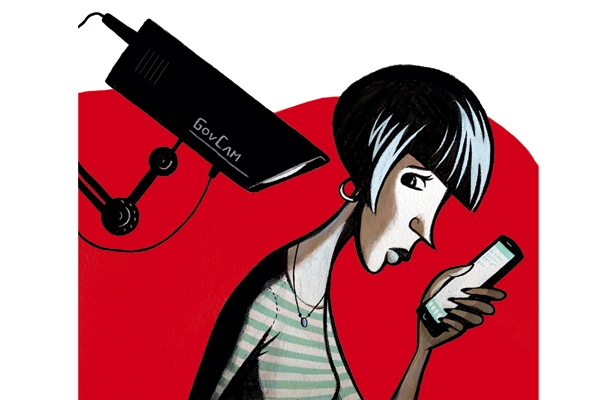The political response to the Woolwich murder is following two broad patterns. On the one hand, the party leaders make dignified, calm statements, tending almost to the banal. There was, for example, very little difference between the comments of Ed Miliband and those of Nigel Farage. Both condemned the murder, offered support to Drummer Rigby’s family and urged calm from all.
Unity is not surprising: there is not much one can reasonably say about such events without jerking a knee and making oneself hostage to fortune. The beheading of an off-duty soldier is no more representative of Islam than the reaction of the English Defence League is representative of patriotism. The good that has emerged from Wednesday’s evil is that the moderate majority has been brought together.
The prime minister, who has been at his best in the last 24 hours, expressed that positive fact with the full dignity of his office. (Indeed, it makes me wonder if David Cameron would be more effective if he cast himself as the nation’s uncle rather than a ‘radical’ reformer. Given that Cameron has neither the full support of his party nor the country, the steady virtues of national unity and renewal might suit him better than the divisive flash and thunder that he often shows, especially on the floor of the House of Commons and in set-piece speeches.)
The second pattern concerns policy. There is, apparently, some support for Lord Carlisle’s suggestion that parliament revisit the ‘Snooper’s Charter’, the bill extending the security services’ power to monitor communications. The Times carried a report on the subject yesterday, noting John Lord Reid’s view that the policy was ‘essential’ (£). The argument has been strengthened by knowledge that the attackers were known to Mi5; the suggestion is that further surveillance powers might stop future murders.
Whether wire-tapping would have stopped what appears to have been an opportunistic crime is unclear. And, given that Mi5 appears to have dropped the ball on this occasion, it is worth remembering that demanding further powers is in its interests to reduce embarrassment. However, Carlisle et al may have a point: closer surveillance would favour the security services in their battle against unsophisticated criminals who communicate using insecure telephones, email and so forth. But they are less convincing when the enemy (be it terrorist or otherwise) has evolved some way beyond hacking innocent people to death.
The ‘Snooper’s Charter’ is a threat to civil liberties, which is (as Nick Cohen argued in a recent magazine piece) bad enough. But it’s also obsolete, which is worse. Secure digital encryption is a fact of life; governments, large businesses and a growing number of the super-rich are already using it on top-end mobile phones, email networks and other devices. (See the new Vertu phone for a working example.) The technological expertise will proliferate; and the benefits will soon be available in a shop near you. You will be able to buy communications products with inbuilt software that ensures what you send, say or write is untappable, unhackable and inaudible to the outside world, providing that the other party has the same settings.
There will be fluctuations when particular codes are broken; but the direction of travel is not in doubt and the security implications are clear: “human intelligence” is going to have to make a comeback in a more private and atomised world. Security policy should reflect that likely future, not John Reid’s yesterday.






Comments